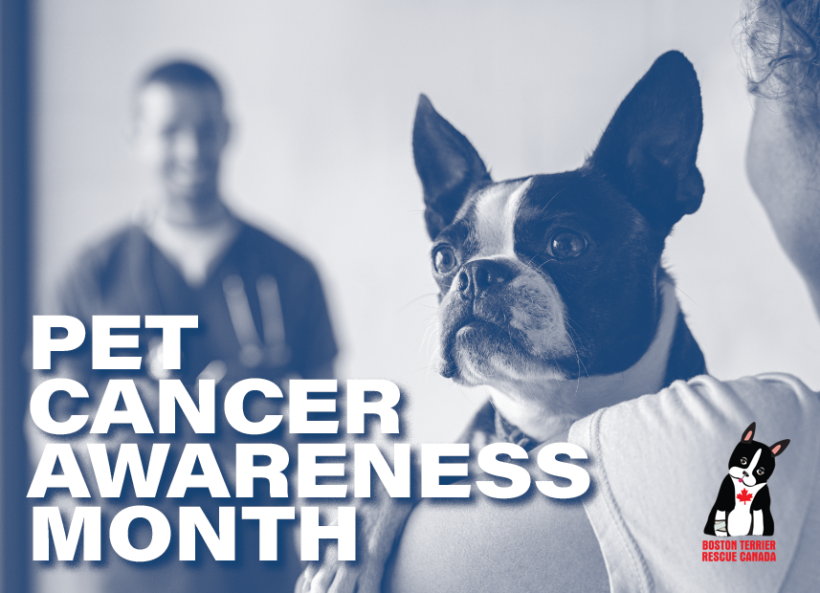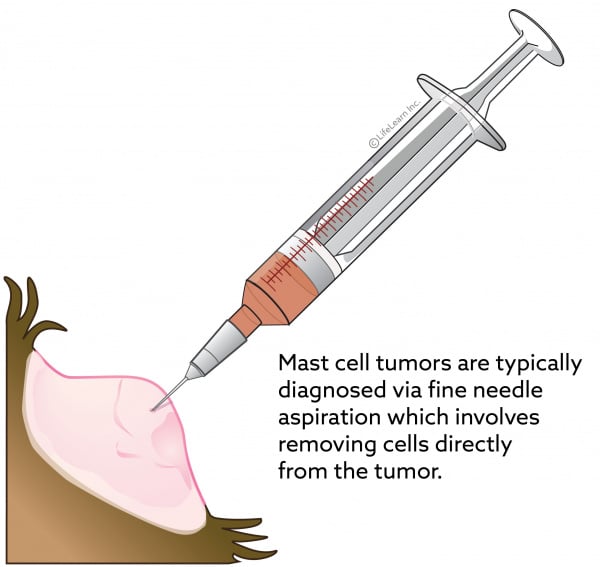10 Signs Your Dog Sadly Has Cancer
Can dogs have Cancer?
Yes and it is a reality that no one wishes to face. Here are 10 signs your dog sadly has cancer to help you catch an early on-setting and what to do about it.
1. Sudden weight loss
2. Loss of appetite
3. Nausea and vomiting
4. Lethargy and fatigue
5. Abnormal swelling or masses
6. Sores that do not heal on their own
7. Difficulty breathing or coughing
8. Discharge from eyes, nose, or mouth
9. Change in bathroom habits
10. Abnormal bleeding or discharge
Lately we have lost a member of our family to cancer. He was a great person, lived life to its fullest, he was generous, funny and dedicated to the ones he loved. To me, he was a father-in-law, a friend and a mentor in life. Losing him was and is still very painful to me and our family. He also loved Ivar. It got me thinking a lot about this devastating disease and how it affects everyone in one way or another. You have to be a hermite not to be affected.
Can dogs have cancer I wondered. Then, I read a Facebook post about someone’s dog dying of cancer. I thought it would be a useful idea though a bit painful, to write about cancer, more precisely about canine cancer. Please, read on and don’t hesitate to use the comment section.
Stress is known to kickstart Cancer, get Calming Chew for your dog
Feeling helpless? There’s hope
Canine cancer is a devastating reality for many pet owners. While treatments can be expensive and emotionally draining, there is hope for those whose beloved pooch has been diagnosed with cancer. The field of comparative oncology is the comparison of medical treatments between humans and animals. It provides answers to many questions about how best to fight cancer in both species. If you detect any of the 10 signs your dog has cancer, keep a close eye on it and never hesitate to consult your vet to catch it quick!
Recent advances in veterinary medicine, specifically in the area of oncology, allow veterinarians to offer dog owners access to a variety of treatments that are similar, if not identical, to those available to people. This type of research and collaboration brings hope to families facing a life-threatening diagnosis and provides a platform for ongoing progress towards finding cures for diseases that affect us all.
Radiation therapy, chemotherapy, immunotherapy, targeted therapies and clinical trials are some of the options now available to canines diagnosed with certain types of cancers. In addition to researching new treatments for canine cancer patients, scientists are exploring ways in which analyzing genetic information. Data from both human and canine cancer patients may provide insight into prevention as well as more effective treatment methods.
Taking advantage of the most advanced treatments available will give our furry friends the best chance at beating cancer. Meanwhile advancing our own understanding of this disease process across all species is an undeniable plus.
Canine Cancer Treatments
Radiation therapy is the most commonly used cancer treatment for both humans and dogs. It uses high-energy rays to attack cancer cells, preventing them from multiplying or growing. This type of treatment is often prescribed as a solo treatment, but it can also be given alongside chemotherapy or immunotherapy.
Chemotherapy, much like in humans, uses drugs that fight cancer cells by targeting fast-growing cells. Depending on the type of cancer and its stage at diagnosis, some dogs may receive one single agent while other dogs may need combination therapies in order to maximize the effectiveness of the treatment.
Immunotherapy involves using methods that boost or stimulate the dog’s own immune system to fight their cancer cells. Canine immunotherapies are gaining attention as powerful treatments for various types of cancers and scientists continue to research new ways to better use this approach to increase its efficacy.
Targeted therapies focus specifically on genetic changes inside of cancer cells in order to hinder their growth and spread effectively. Human medications such as monoclonal antibodies are being explored for use in canine patients. Promising results though further clinical trials are needed before they become standard practice.
Finally, clinical trials offer an invaluable opportunity for owners whose pet has been diagnosed with a treatable form of cancer. These studies provide vital information about current and alternative treatments. It gives owners an alternate option should traditional treatments fail or cause significant side effects in their pet.
Shop Dog Leggings from Walkee PawsCanine Cancer Treatment Centers
Here are 7 well-known Canine Cancer Treatment Centers in North America
- PetCure Oncology– Multiple Locations in the United States
- Animal Specialty Group – Los Angeles, CA
- Veterinary Cancer Care – Denver, CO
- Blue Pearl Veterinary Partners – Multiple Locations
- Michigan State University Clinical Sciences Department – East Lansing, MI
- Toronto Veterinary Cancer Centre – Toronto, ON
- Vancouver Veterinary Specialists & Referrals – Vancouver, BC
Veterinary researchers have made much progress in recent years into treatments and cures for canine cancers. In 2020, doctors at PetCure Oncology revealed that a single injection of radiation directly into tumor cells could be used to reduce or eliminate cancerous tumors.
The treatment was first tested out on laboratory animals and then moved to clinical trials with 40 pet patients, showing promising results. Since the announcement, many pet owners have been curious about this potential breakthrough to combat their beloved companion’s cancer. While this new form of cancer treatment is not yet widely available, there is hope! Maybe one day it will be accessible to all pet owners who want to give their pup a fighting chance.
Fighting Canine Cancer Can Cost You
Veterinary treatments for canine cancer can be costly and often far exceed the amount typically spent on preventive care. Fortunately, pet owners can find some financial relief with the help of pet insurance providers who offer specific coverage for treatments related to cancer. Though policies vary between companies, most will cover at least part of the costs associated with diagnosis, treatment and palliative care. To make sure you are getting the best coverage for your pet’s needs, it is important to read through all policy details and compare different options before signing up for a plan.
See my article on Pet Insurance ——–> HERE
It is also worth noting that many non-profits within the veterinary community provide aid to those struggling to afford their beloved pet’s medical bills. Organizations such as PetCure Oncology have made it their mission to provide financial assistance and support to families in need while continuing their efforts towards finding a cure for canine cancers.

Dog Cancer Survival Rate
While it is no easy feat, many dogs have been able to combat cancer and live for years after being diagnosed. While the survival rate of canine cancers can vary greatly, depending on the type of cancer and the stage at which it was detected, some studies suggest that up to 25-50% of dogs with certain types of cancer can be cured.
Early diagnosis is essential for a successful outcome, with most dogs surviving for more than one year after proper treatment. In addition to proactive care and aggressive treatments, remaining positive and finding support from a network of pet owners and experts can not only help you cope but also give your pup the best chance fighting off their disease.
Conclusion
Well, there is just so much to say and so many avenues to explore when dealing with this disease that I didn’t know where to stop or which branch to explore deeper. I sincerely hope that this article at least brought your attention on the possibilities that you have if you have to face this situation but my first goal was to help you detect this enemy as fast as possible to catch it and start treatments ASAP.
Our Ivar, just like our cat Lemmy, truly are members of our family and we hope to never have to deal with this but if we do, it’s nice to know we have options. I believe you feel the same towards your furry buddy or else you wouldn’t be reading this so don’t hesitate to share your experience or ask more questions, I will do my best to find you the answers.
Thanks again and come back often 🙂
J-F



Jeremy
Our niece had a Pug that suffered through cancer most recently. They took it to the hospital AKA vet, and made sure it was comfortable for the remaining time it had left on earth.
As sad as that was for them, they discovered they were pregnant, so in turn, a child in trade for their furry pet worked out for them.
That was the first time I heard of a dog getting Cancer, so this article just reminded me of that and how it CAN be hard for pet owners, but as long as they get treatment early, the chances may be ok.
admin
Thank you for your comment Jeremy! I’m glad to hear your niece got a puppy out of a bad situation like this. Unfortunately cancer is present everywhere so I figured I would talk about it and make people aware of the possibility that it could happen. I hope you found interesting information.
Please come back often 🙂
Remote Vagabond
What a sad but informative article. I don’t have a dog, but it must be difficult to realise your dog has cancer. This article sheds light on the possibilities you should have to confront this unfortunate reality. However, the primary intention is to assist in detecting and addressing it promptly so treatments can begin as soon as possible, which was very helpful.
admin
Thanks a lot for your comment Remote Vagabond! As a matter of fact, I believe the only way to stop or slow down cancer is by prevention and awareness. Thanks for letting me know I have achieved my goal!
have a great day and come back soon!
JF
pasindu dimanka
Thank you very much for this valuable and detailed post about Signs Your Dog Sadly Has Cancer. This is really a very important post. Because I have two dogs. I am definitely concerned about these things. Because one of my friend’s dogs suffered a lot due to this kind of cancer. Keep posting like this. Definitely sharing this.
admin
Well thanks very much Pasindu! i’m glad to have been of help. Hopefully we never have to go through this.
Thanks for the sharing!
J-F